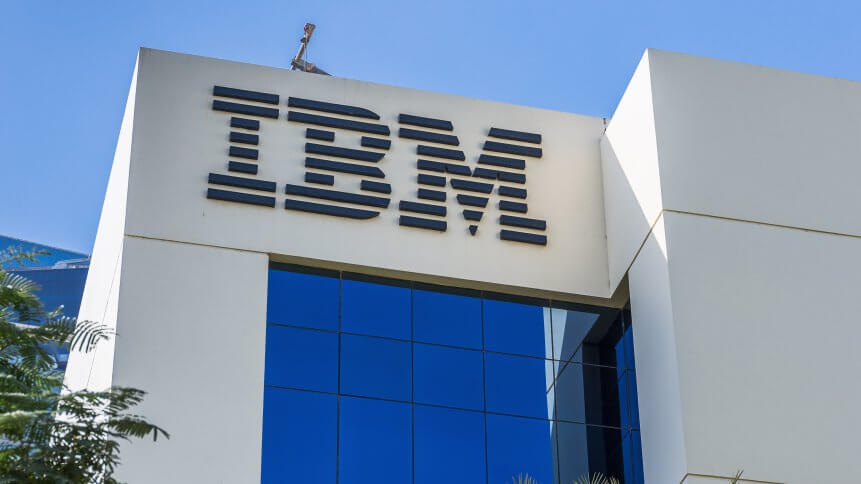Hybrid cloud worth $1T by 2020, says bullish IBM

The hybrid cloud market is going to be worth at least US$1 trillion by 2020, according to IBM’s CEO, Ginni Rometty.
That prediction came courtesy of an interview with Fox Business Network, in which Rometty said the computing giant would become “number one” in the newly burgeoning market or, as she referred to it, cloud computing’s “chapter two”.
Hybrid cloud is where organizations use a combination of cloud computing and their own private data centers.
So far, the public cloud market has seen increasing consolidation under the “big four” suppliers— namely Google, Amazon, Alibaba, and Microsoft— which could account for 84 percent of the global market.
Last year, Goldman Sachs predicted these companies would snare most of the 15 percent of IT budgets spent on core cloud services by 2021, which includes Infrastructure as a Service (IaaS) and Platform as a Service (PaaS) offerings, where companies rent computing power from offsite data centers.
Rometty referred to this market bullishly as “chapter one”: “I really believe for most enterprises, ‘chapter one’ was easy things that they moved [into the cloud]. Pretty low-hanging fruit, and if you size it, 20 percent is what’s moved to the cloud,” she said.
“The other 80 [percent] now becomes not just more complex, it’s got a different complexion,” she said, with customers wanting to keep their most important and sensitive data on their own servers.
Rometty’s words come following Big Blue’s US$34 billion acquisition of Linux-based OS supplier Red Hat, which gave the firm a “ready-made cloud-powering offering”.
Following that acquisition, a press statement from IBM, read: “IBM and Red Hat will be strongly positioned to address this issue and accelerate hybrid multi-cloud adoption.
“Together, they will help clients create cloud-native business applications faster, drive greater portability and security of data and applications across multiple public and private clouds, all with consistent cloud management.
“In doing so, they will draw on their shared leadership in key technologies, such as Linux, containers, Kubernetes, multi-cloud management, and cloud management and automation.”
Commenting in a similar tone at the time, Rometty said the acquisition was a “game-changer”, and that IBM would become “the world’s number one hybrid cloud provider” as a result offering companies “the only open cloud solution”.
YOU MIGHT LIKE

Security still top concern for cloud computing
Gartner predicts companies will spend US$3.8 trillion on tech this year across hardware, software, cloud and consulting. Companies established in the ‘pre-cloud’ era— such as IBM, Red Hat, Oracle and Microsoft— stand to benefit from hybrid computing, as they can still sell their software and hardware, as well as cloud services.
Business Insider notes that even AWS has begun pursuing hybrid cloud computing in a partnership with VMware, despite not having a hardware or software business in the traditional sense.
The company also launched AWS outposts late last year, offering fully managed and configurable storage racks built with its hardware that allow customers to run its services on-premises, while connecting to the wider array of services in the cloud.
While the price that IBM paid for Red Hat has been brought into question, Rometty is certainly doing a good job of selling it as the right decision, and it does put the company in good stead to ride “chapter two” if it does indeed come into fruition.
But, with Microsoft and AWS likely rivals in the emerging space, the bet that IBM will be “number one” does seem somewhat lofty.









